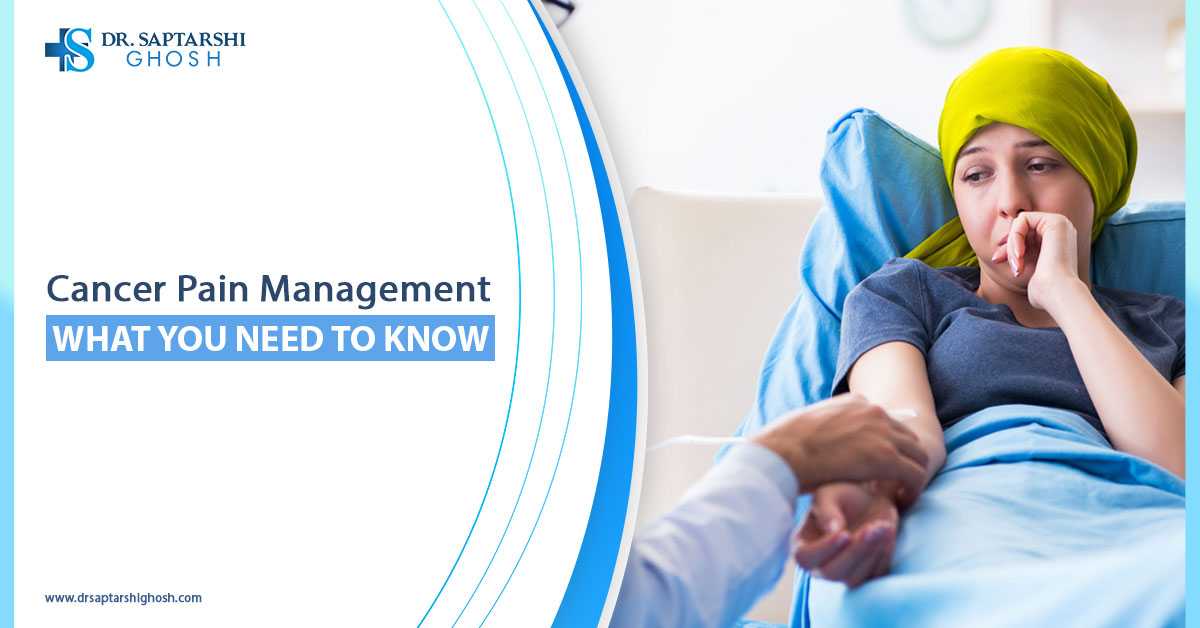Patients, as well as the patient's family, face difficult challenges during cancer treatment and life. The practice of palliative care began with this idea. It alleviates the side effects and symptoms of cancer treatment. Palliative care offers support to you when you are at your most vulnerable. As a result, it is known as comfort care or supportive care.
You can get rid of side effects like nausea, weakness, pain, trouble breathing, and so on with the help of palliative care in Siliguri. The palliative care unit does not just relieve you from actual pain but also supports you mentally. It provides a network of emotional support to help patients live as well as possible until the end.
Palliative Care – Treatment
As part of palliative care, your doctor will give you medicines, a nutrition plan, relaxation techniques like yoga, deep breathing, and meditation, as well as physical therapy.
Other than the actual emotionally supportive network, it furnishes you with mental and close-to-home guidance, protection, work issues freedom, and legitimate administration for you.
Palliative Care – Provider
Your medical team recommends a palliative care provider to you. Then again, you can choose steady consideration from your doctor, actual specialist, pastor, social worker, dietitian, drug specialist, and therapist. One of them talks to your oncologist about your condition and makes plans for your care after that, depending on your choice.
Treatments That Are Used With Palliative Care
- Chemotherapy
- Radiation therapy
- Cryotherapy
- Hormone therapy
- Targeted drug therapy
- Cancer surgery
- Radiofrequency ablation
Palliative Care – Centre
You can start palliative care immediately after your diagnosis of cancer. Whatever stage of cancer you have, your caregiver will provide you with the support you need. You can take it to a doctor’s room, clinic, hospital, or even at home as per your health condition.
Palliative Care as Supportive Care
Palliative consideration is genuinely named strong consideration since it diminishes queasiness, shortcomings, breathing difficulty, and uneasiness. You won't have to go back to the hospital if you get palliative care.
The patients who benefit from palliative consideration matched with the therapy can partake in a superior state of mind and well-being during the pattern of malignant growth treatment.
Hospice Care
Hospice and palliative care are not the same thing, which is a misconception. Palliative consideration begins at any phase of malignant growth treatment whenever you have opportunities to be restored.
Hospice begins at the end of a patient's treatment when there is no hope of recovery. Hospice care is started for a patient with at least six months left to live to ease their symptoms. It cannot aid in a patient's recovery.
People with chronic illnesses who receive palliative care report fewer episodes of depression, less shortness of breath, less pain, and a better quality of life. Ask your doctor for a referral if you want to learn more about palliative care in Siliguri. He or she might be able to suggest a specialist in palliative care.
In addition, patients with advanced cancer who are hospitalized and treated at the end of their life can also get significant benefits from this treatment. Palliative care if provided early reduces the need for health services and unnecessary hospital admissions.




